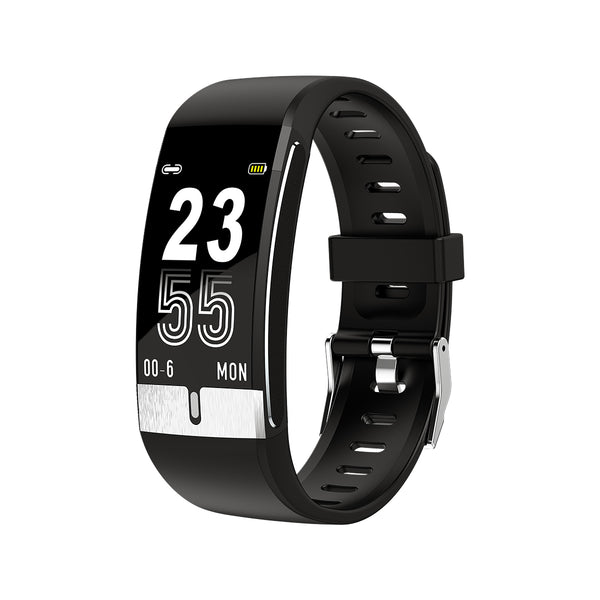Smart Watches for Health
In today's world, where sustainability and mindful consumption are gaining increasing importance, adopting a low-carb lifestyle has become a popular choice. Not only does it offer health benefits, but it also contributes to reducing our carbon footprint. In this blog post, we will delve into the realm of low-carb recipes and discover how they align with our desire to live a sustainable life.
Understanding Low-Carb Diets
Low-carb diets involve reducing the intake of carbohydrates while focusing on consuming more protein, healthy fats, and fiber-rich foods. This dietary approach promotes weight loss, stabilizes blood sugar levels, and enhances overall well-being. But did you know that low-carb diets can also have a positive impact on the environment?
Sustainable Ingredients
One of the key aspects of low-carb recipes is the emphasis on fresh, whole foods. By choosing locally sourced, seasonal produce, we support local farmers and reduce the environmental impact caused by long-distance transportation. Opting for organic and non-GMO ingredients helps protect the soil and wildlife from harmful pesticides and promotes sustainable agricultural practices.
Plant-based Protein
Low-carb diets encourage the consumption of lean meats, seafood, and plant-based proteins such as tofu, tempeh, and legumes. By incorporating more plant-based protein sources into our meals, we can reduce the environmental strain caused by animal agriculture, which is a significant contributor to greenhouse gas emissions and deforestation.
Energy-Efficient Cooking Methods
In addition to ingredient choices, the cooking methods we employ also play a role in reducing our carbon footprint. Opting for energy-efficient appliances, such as induction cooktops, and using techniques like steaming, grilling, or stir-frying can help minimize energy consumption while maximizing flavor and nutritional value.
Embracing Low-Carb Living with Smartwatches
As we embark on this journey towards a low-carb lifestyle, we can harness the power of technology to further enhance our commitment to sustainability. Smartwatches, for instance, provide us with real-time insights into our daily activities, heart rate, and sleep patterns. By tracking our physical health, we can make informed decisions about our nutrition, exercise, and overall well-being. Some smartwatches even offer personalized meal planning and recipe suggestions, making it easier than ever to adhere to a low-carb diet.

In conclusion, adopting a low-carb lifestyle not only benefits our personal health but also contributes to a sustainable future. By incorporating sustainable ingredients, choosing plant-based proteins, employing energy-efficient cooking methods, and utilizing smartwatches to track our progress, we can create a positive impact on both our bodies and the environment. Let's embrace low-carb living as a stepping stone towards a greener and healthier future.












